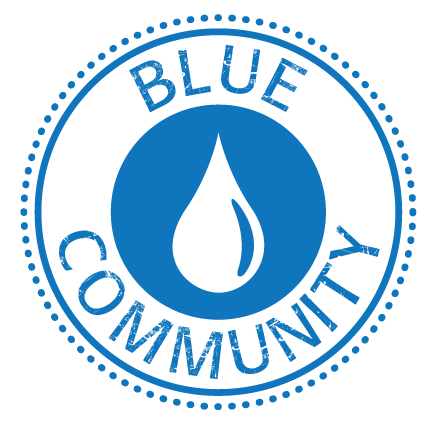 As a child, homosexuality to me was a weird entity spoken of in secrecy among friends. As an adolescent and young adult, I viewed homosexuality as a moral failing and I was oblivious to the concept of transgender. As a counselling student, my beliefs and opinions were challenged. In a conversation among colleagues the sadness with which a physician spoke of doing exit physical examinations of suspected homosexuals being forced out of the armed forces raised new questions for me to ponder. We all have memories of malicious attacks on homosexuals in city parks and of the infamous “bath house” invasion by police in Toronto. But social norms have changed, politically and socially even if the evolution of our attitudes and beliefs is still a metamorphosis in process rather than an achievement. On November 28, 2017, the Premier of Canada declared “We were wrong” and delivered a heartfelt public apology for the mistreatment of LGBTQ people in Canada. The Government announced a $145-million compensation settlement and a promise to expunge convictions for the crime of being gay. Our changing perception of gender differences is far from universal or free of conflict. Still, the rapidity of this social evolution within such a short period of time in our country is startling and hopeful.
As a child, homosexuality to me was a weird entity spoken of in secrecy among friends. As an adolescent and young adult, I viewed homosexuality as a moral failing and I was oblivious to the concept of transgender. As a counselling student, my beliefs and opinions were challenged. In a conversation among colleagues the sadness with which a physician spoke of doing exit physical examinations of suspected homosexuals being forced out of the armed forces raised new questions for me to ponder. We all have memories of malicious attacks on homosexuals in city parks and of the infamous “bath house” invasion by police in Toronto. But social norms have changed, politically and socially even if the evolution of our attitudes and beliefs is still a metamorphosis in process rather than an achievement. On November 28, 2017, the Premier of Canada declared “We were wrong” and delivered a heartfelt public apology for the mistreatment of LGBTQ people in Canada. The Government announced a $145-million compensation settlement and a promise to expunge convictions for the crime of being gay. Our changing perception of gender differences is far from universal or free of conflict. Still, the rapidity of this social evolution within such a short period of time in our country is startling and hopeful.
Disparate beliefs and attitudes are sources of division, violence, and conflict in our world today. Persecution of ethnic minorities in some cases constitutes genocides; mass rape of women by soldiers is used as a weapon of war; we are witnesses to the greatest forced migration of persecuted minorities in the history of the world. Canadians are not exempt from xenophobia as is evident in our historical treatment of blacks, Indigenous peoples, Jews, and immigrants or the struggle to honour our French and English heritage. Our Jewish citizens are still the most frequent targets of persecution and there exists significant opposition to refugees. Yet our difficulties are minor in comparison to problems in many other countries. The efforts of our Government and ordinary citizens to welcome and care for refugees and immigrants has been outstanding. Perhaps our history of forming a nation out of our English and French forbears has increased our capacity to welcome people from other nations. Although there is ample room for improvement we are well positioned to contribute to peace in our world. As ordinary citizens and as a nation we have an obligation to use our strengths in asking our Country and our world a home where all are welcome and accepted as equals. This begins with some soul searching – reflecting on our beliefs, attitudes, and behaviours. Our actions spring from our beliefs of who we truly are, human beings created by God who owe to others respect for whom they are: human beings created by God.
Pat McKeon, CSJ





